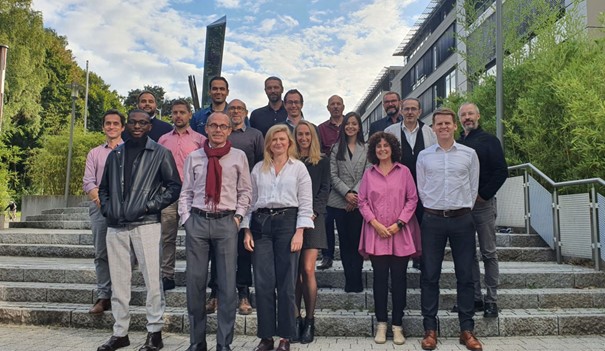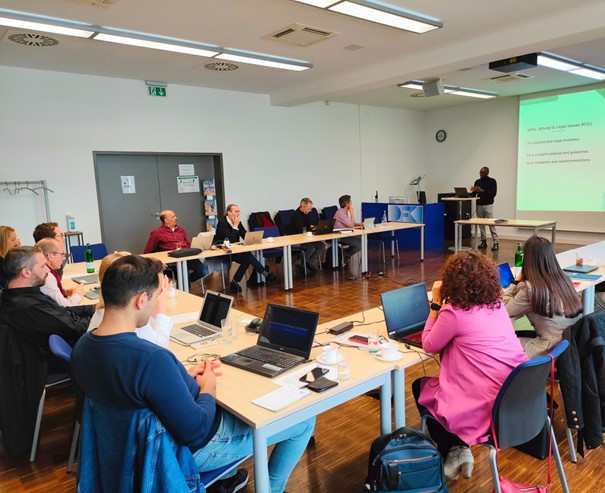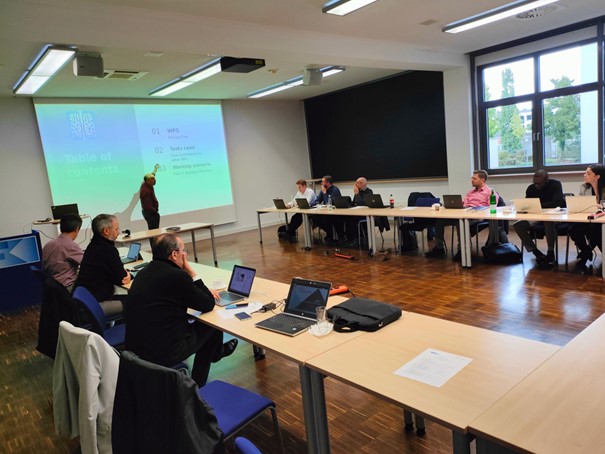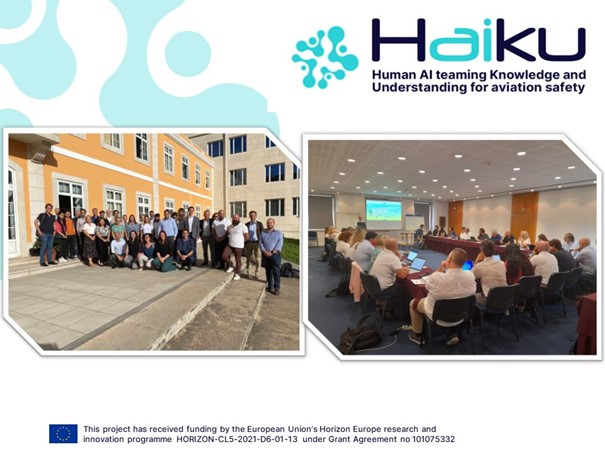On Thursday, October 27th, 2022, Mohamed Selim successfully defended his PhD thesis entitled “Deep Learning-based Head Orientation and Gender Estimation from Face Image” in front of the the PhD committee consisting of Prof. Dr. Didier Stricker (TU Kaiserslautern), Prof. Dr. Karsten Berns (TU Kaiserslautern), and Prof Dr. Stefan Deßloch (TU Kaiserslautern).
In the thesis, Mohamed Selim studied the problem of gender and head orientation estimation from face images. Machine-based perception can be of great benefit in extracting that underlying information in face images if the problem is properly modeled. In his thesis, novel solutions are provided to the problems of head orientation estimation and gender prediction. Moreover, the effect of facial appearance changes due to head orientation variation has been investigated on gender prediction accuracy. A novel orientation-guided feature maps recalibration method is presented, that significantly increased the accuracy of gender prediction.
Mohamed Selim received his bachelor and master’s degrees in Computer Science and Engineering from the German University in Cairo, Egypt. He joined the Augmented Vision department in October 2012, as a PhD candidate, and later in March 2018 as a researcher working on industrial and EU research projects. His research interests include computer vision, 3D reconstruction, and deep learning.
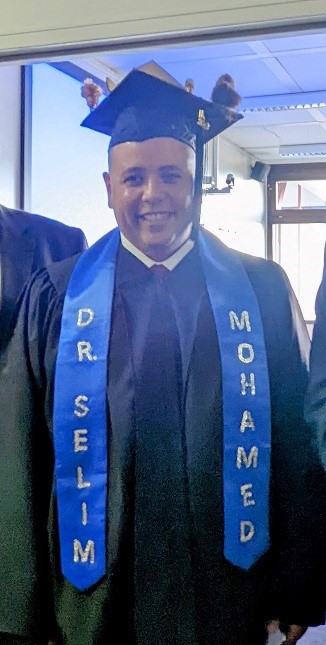
A week later, on Friday, November 4th, 2022, MSc. Ing. Hammad Tanveer Butt also successfully defended his PhD thesis entitled “Improved Sensor Fusion and Deep Learning of 3D Human Pose From Sparse Magnetic Inertial Measurement Units” in front of the PhD committee consisting of Prof. Dr. Didier Stricker (TU Kaiserslautern and DFKI), Prof. Dr. Imran Shafi (National University of Sciences and Technology, Pakistan) and Prof. Dr. Jörg Dörr (TU Kaiserslautern and IESE Fraunhofer).
The goal of the thesis was to obtain a magnetometer robust 3D human body pose from sparse magnetic inertial motion sensors with uncertainty prediction employing Bayesian Deep learning. To this end, a systematic approach was adopted to address all the challenges of inertial motion capture in an end to end manner. First, simultaneous calibration of multiple magnetic inertial sensors was achieved with error mitigation and residual uncertainty learning. Then a magnetometer robust sensor fusion algorithm for 3D orientation was proposed. Adaptive anatomical error correction was used to reduce long term drift in the joint angles.
Also joint angle constraints were learned using a data driven approach while employing swing-twist formulation for 3D joint rotations. Finally, the thesis showed that Bayesian deep learning framework can be used to learn 3D human pose from sparse magnetic inertial sensors while also predicting the uncertainty of pose estimation which is well correlated with actual error and lack of information, particularly when the yaw angle derived from magnetometer is not used. The thesis led to two peer-reviewed contributions in IEEE Access Journal, as well as a best scientific paper award in IntelliSys-2019 Conference held at UK. The conference paper on swing-twist learning of joint constraints presented in Machine Vision Applications (MVA)-2019, Tokyo Japan was later invited by the reviewing committee amongst top-candidates to be published as a journal paper (extended version). A conference paper and a poster by the author were also accepted at FUSION-2019 Conference held at Ottawa, Canada.
MSc. Ing. Hammad Tanveer Butt received his Bachelors in Avionics (1999) and Master degree in Electrical Engineering (2013) from National University of Sciences and Technology (NUST) Pakistan, respectively. From 2016-2021, he worked at the Augmented Vision (AV) group DFKI as a researcher, while pursuing his PhD. His research interests include nano-electronics, MEMS sensors, deep learning/AI and quantum machine learning.

